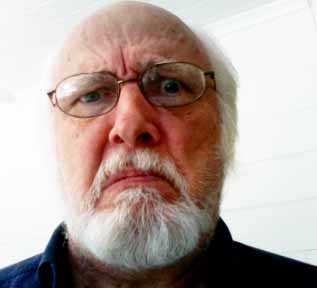
Shall we speak of education proper? The one organized in the institution of School, by means of books, reading and writing, literacy, the knowledge that evolved into science? Citizens of some societies take this institution for granted, although it is of recent date. What if attending school put your life at risk? News of a certain confrontation reached me through global media, in the comfort of my study. Here is Malala's own account of the event.
"When our bus was called that afternoon, the other girls all covered their heads before emerging from the door and climbing into the white Toyota van with benches in the back.
I sat with my friend Moniba and a girl called Shazia Ramzan, holding our exam folders to our chests and with our school bags under our feet.
The bus turned right off the main road at the army checkpoint as always and rounded the corner past the deserted cricket ground.
I don’t remember any more. But I now know that a young bearded man stepped into the road and waved the van down. As he spoke to the driver another young man approached the back.
“Who is Malala?” he demanded. No one said anything but several of the girls looked at me.
I was the only girl with my face not covered. He lifted up a black pistol, a Colt .45. Some of the girls screamed and Moniba tells me I squeezed her hand.
The man fired three shots. The first went through my left eye socket and out under my left shoulder. I slumped forward on to Moniba, blood coming from my left ear, so the other bullets hit those near to me.
One went into Shazia’s left hand. The third went through her left shoulder and into the upper right arm of another girl, Kainat Riaz.
My friends later told me the gunman’s hand was shaking as he fired. By the time we got to the hospital my long hair and Moniba’s lap were full of blood. I was rushed to the intensive care unit of the Combined Military Hospital, Peshawar."
A Taliban commander, Adnan Rasheed, in an open letter addressed to Malala, defended the attack by explaining that the problem was not education as such, but which kind, which institution. It was true that Pakistani Taliban had blown up hundreds of schools in the SWAT region, but these were schools teaching "a satanic or secular curriculum." Rasheed's advice and appeal to Malala was to return to Pakistan and enroll in an Islamic school for women. "Use your pen for Islam," he wrote, "and plight of Muslim ummah (community) and reveal the conspiracy of tiny elite who want to enslave the whole humanity for their evil agendas in the name of a new world order." (Associated Press, July 18, 2013).
Here is fundamental division, cutting across any individual popcycle: that between the two apparatuses (apparati) -- orality and literacy, Religion and Science, Church and School. It is important to understand the drama of Rasheed and Yousafzai in this historical context, as representatives of these two orders. The differences are metaphysical, referring to the set-up of reality itself. A glimpse of optimism may be available in the fact that the two parties are from the same culture and society, language and region, with the difference being rather gender, a man and woman. Hollywood knows how to tell that story: Rasheed and Yousafzai meet at an international United Nations conference and fall in love.

